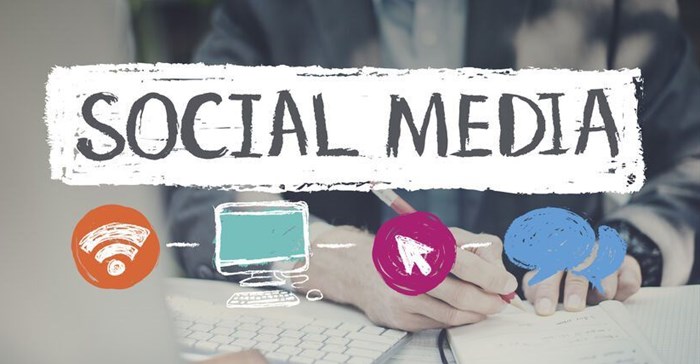As more people use social media to search for information on government programmes and services, the medium offers governments a unique opportunity to directly interact with the public and enhance citizen engagement.
An indication pf just how many people are turning to social media to access government information is the South African government that gained thousands of new followers on their twitter account, since the beginning of the Covid-19 pandemic.
Platforms such as Twitter, WhatsApp and Facebook are useful tools to actively engage with the public, gather research, and scan the media environment to understand the concerns of the public.
The Department of Health used WhatsApp to provide accurate and updated information on Covid-19 to South African citizens as well as address misinformation and fake news that proved to be a challenge in the early stages of the pandemic.
Online public participation
The adoption of social media for government communication has many positive benefits if used effectively.
However, many communicators still use social media platforms for the sole purpose of one-way information dissemination which often leads to lack of responsiveness and that can deepen trust deficit between government and citizens.
Online public participation cannot be achieved solely through the dissemination of information.
It is important for communicators to understand that social media is collaborative and participatory by nature; it empowers users to share their ideas, opinions, and exchange information in real-time.
Social media has the power to enable two-way communication in ways never imagined before.
A strategic tool
The Covid-19 pandemic revealed the omnipresent nature of social media in the communication sphere.
One of the many lessons that has come out of the pandemic on government and citizen engagement is that government should not use social media as an optional tool to spread messages.
Social media should be a strategic tool to communicate with citizens and provide updates in real time.
In response to the Covid-19 pandemic, social media platforms are of utmost importance because they allow for dissemination of the latest information and enable conversations that allow for rapid exchange of information with citizens.
Negative agendas
Even though social media is a platform that can give government communication direct citizen engagement, there are some potential challenges that may hinder its effectiveness.
The regulation of social media in countries like South Africa takes into consideration that there must be provision for protection of human rights and freedom of expression.
However, there should be a full understanding that citizens can use social media to pursue their negative agenda and spread ambiguous information which could ultimately mislead the public and affect the image of government.
My mother is based in the rural areas of Limpopo and is not on any social media platform, but she called me several times to verify fake news relating to coronavirus and often when I checked the source, it was social media.
This means that anyone who uses social media can post information that could go viral and potentially impact a mass audience.
A recent case in point is an emergence of social media accounts fuelling or inciting violence that occurred post the July unrest in various parts of South Africa.
Comprehensive social media strategy needed
The social media space is an information vacuum which must not be left unattended.
Therefore, a comprehensive social media strategy needs to be in place to guide the implementation or use of various platforms. Without a strategy in place social media would be used sporadically, making it impossible to foster effective citizen engagement.
In terms of capacity, every government department should have a dedicated person to manage all social media accounts, share public information and monitor interactions and instantly respond to queries or any misleading comments or inaccurate information.
Government communicators need to embrace the power of social media as a two-way communication tool to enhance public engagement, improve service delivery, and build trust and confidence in the government.





































